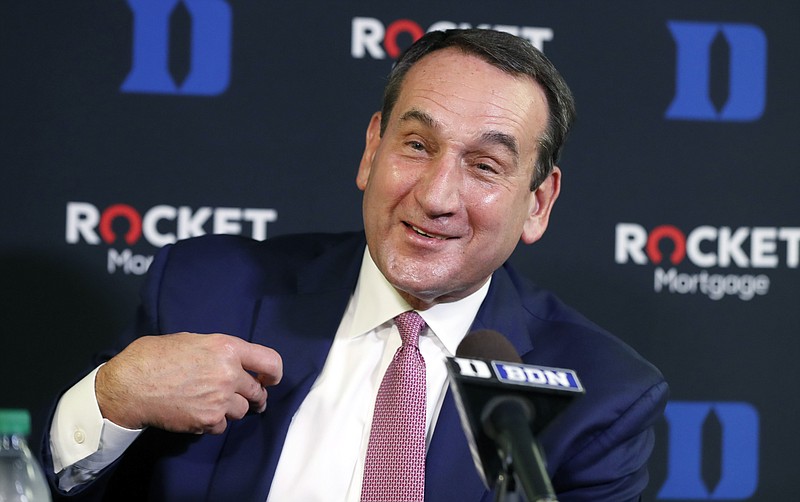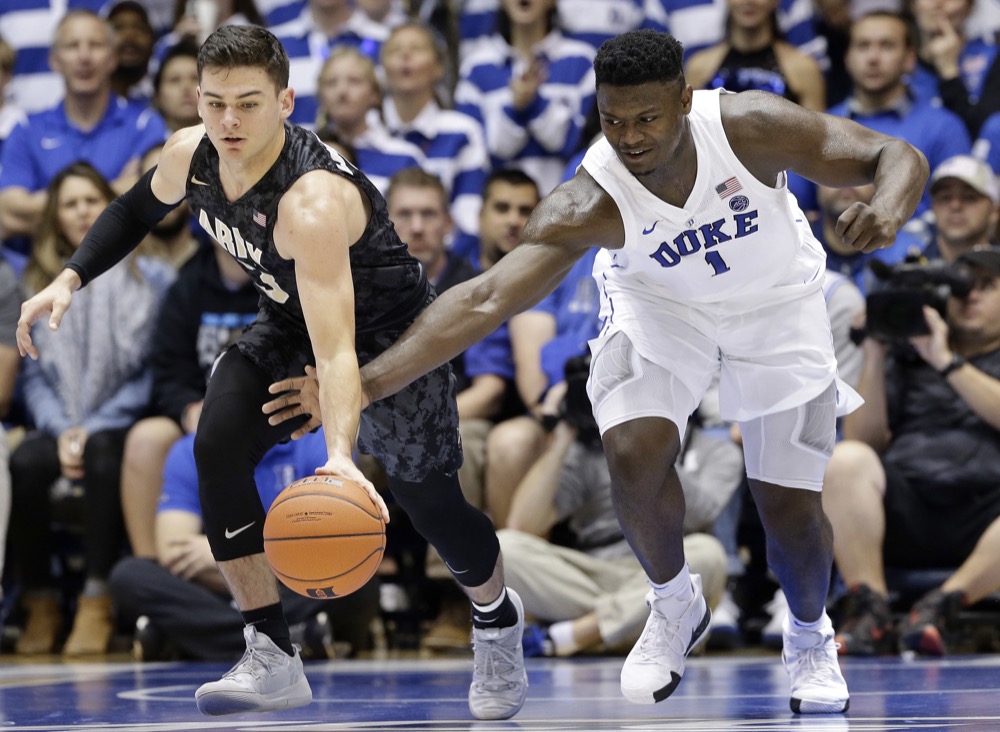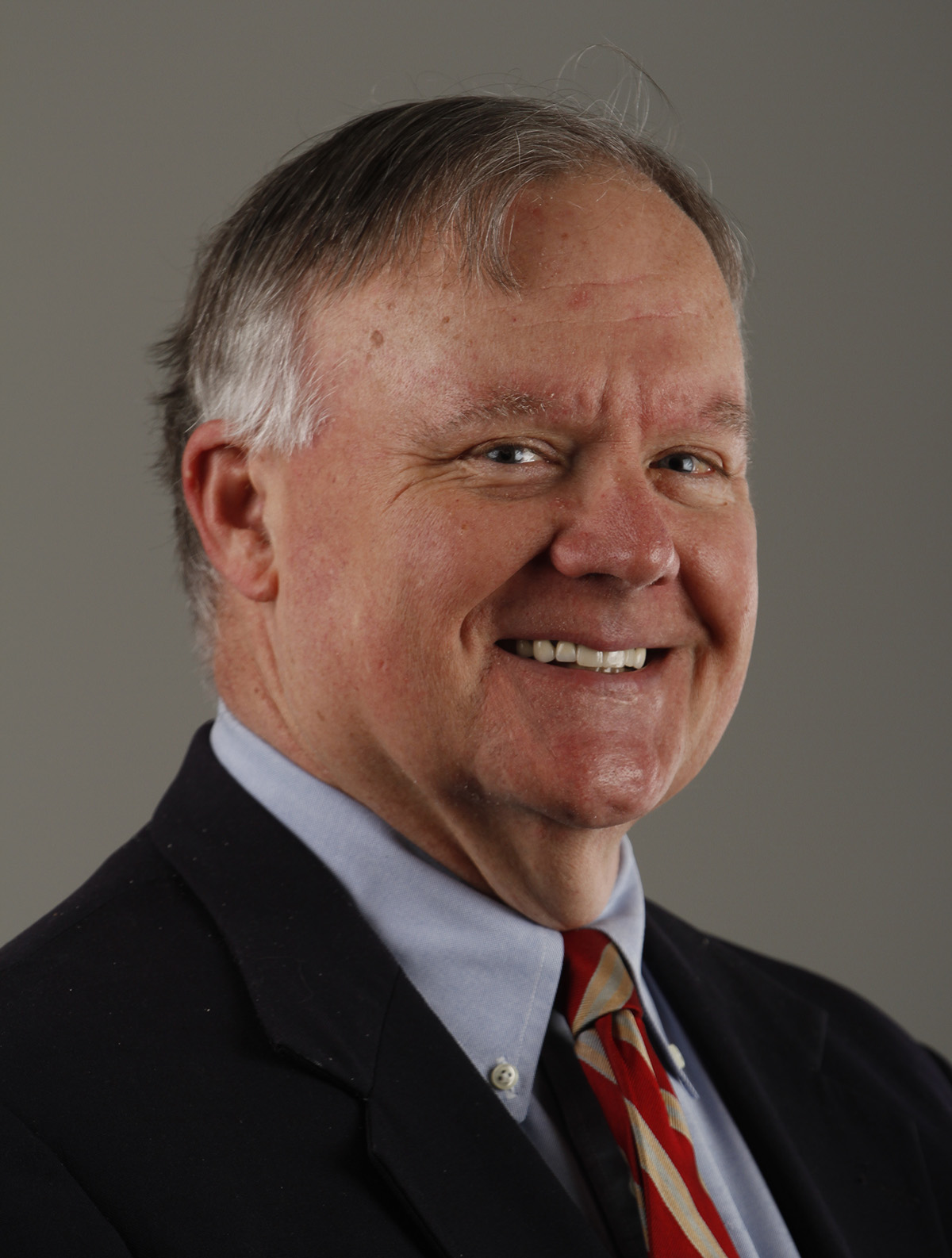For now, it's one Florida state court judge's ruling. Nothing more. Nothing less.
Just because Florida 11th Circuit Court Judge David Miller ruled Tuesday that former Duke University basketball star Zion Williamson must answer interrogatories and requests for admissions about money and gifts he may have received to play for the Blue Devils - a clear violation of NCAA rules - doesn't mean he'll ever actually do so.
This is Duke, after all, a university with as much power and clout as any in the country, not to mention a top-10 law school, according to its median LSAT scores. If Williamson doesn't already, he'll now clearly have some of the brightest legal minds in the country on his side to overturn the circuit court decision.
Beyond that, you can almost bet Blue Devils coach Mike Krzyzewski's top-ranked annual salary of $9 million that even if that appeal fails, those same high-priced attorneys will find some legal loophole to allow the NCAA to jump through in order to spare the Dookies probation, much as North Carolina's legal eagles did in the Tar Heels' academic fraud case.
And when you seriously consider why Judge Miller was faced with this, you wonder if there should even be a case, regardless of what Williamson and his relations may have received from Nike, Adidas and others.
Because this really isn't about NCAA rules as much as Williamson's decision after last year's NBA draft to dump Gina Ford and her Prime Sports Marketing group as his agents in favor of the far more prestigious and established Creative Artists Agency (CAA).
Thanks to Ford not being a licensed agent in North Carolina, where Williamson lived, CAA's folks decided that the Ford contract was null and void.
Not willing to quietly slither away, Ford and Prime Sports Marketing then sued Williamson for $100 million for breach of contract. Their unique argument as to why not being licensed shouldn't matter comes from the fact that if Williamson earlier received illegal gifts that would have made him ineligible by NCAA standards, the licensing laws put in place to protect student-athletes from unscrupulous agents would no longer apply.
Or as Doug Eaton, an attorney representing Ford, explained to Judge Miller: "The purpose of this statute is to protect student-athletes - actual student-athletes, eligible student-athletes - from predatory behavior of agents. It's not designed to protect people that are already accepting improper benefits. If you're accepting improper benefits, you are not an eligible student-athlete, and the NCAA can rule retroactively that you are ineligible. It has happened numerous times before."
The whole thing should make any decent soul head for a long, hot shower as soon as possible to wash away as much of the dirt and sleaze and hypocrisy of big-time college athletics as is possible.
Yet given the shaky nature of Prime Sports Marketing and its reasoning for the suit against Williamson, a successful appeal is not only possible, but probably all but certain. And perhaps it should be, given that Ford was not licensed in North Carolina, and probably shouldn't be licensed anywhere if her reaction to being dumped by Williamson because of questionable credentials is to out him for NCAA violations.
Talk about no honor among thieves.
But what if the appeal shockingly fails? What if Williamson is forced to not only answer questions about impermissible benefits he may have received before or during his time at Duke, but also admits to the charges Ford alleges?
What then?
Could Duke and Coach K find themselves staring at a well-deserved NCAA probation if the accusations prove true? And what about the previous years when similar stories surfaced about the Blue Devils' recruiting practices, especially when Marvin Bagley III reportedly chose the Dookies at least partly because Nike was reportedly paying his dad a six-figure salary to coach a select team the shoe giant sponsored?
Would those recruiting wins be investigated as well?
Merely consider that Arizona and LSU - two schools that appeared to most brazenly break NCAA rules in the recent far-reaching FBI investigation and are supposed to finally receive a notice of allegations any day now - are both having banner recruiting years.
At the Power Five level, crime continues to pay in a big way.
Back in May, when Williamson's legal team filed motions to prevent him from answering Ford's questions about impermissible benefits, it labeled such questions as "invasive" and "irrelevant."
Invasive they may be. But irrelevant? Perhaps so in these legal proceedings.
But among those schools that must recruit against the Blue Devils, Williamson's answers - should he be forced to truthfully respond - are as relevant as it gets to somewhat leveling a playing court that has been perceived for far too long to tilt unfairly toward the sport's elite.
Contact Mark Wiedmer at mwiedmer@timesfreepress.com. Follow him on Twitter @TFPWeeds.


